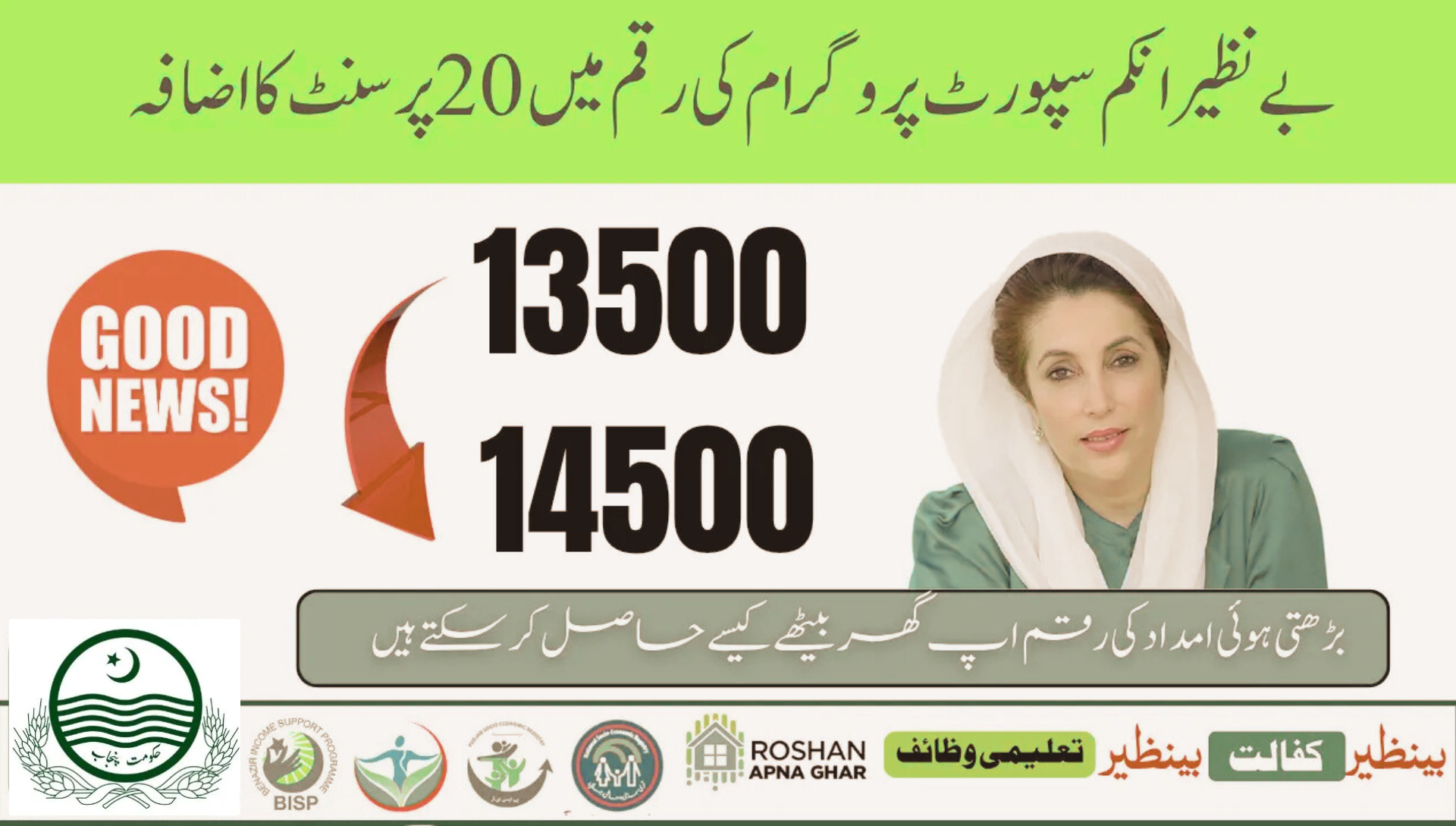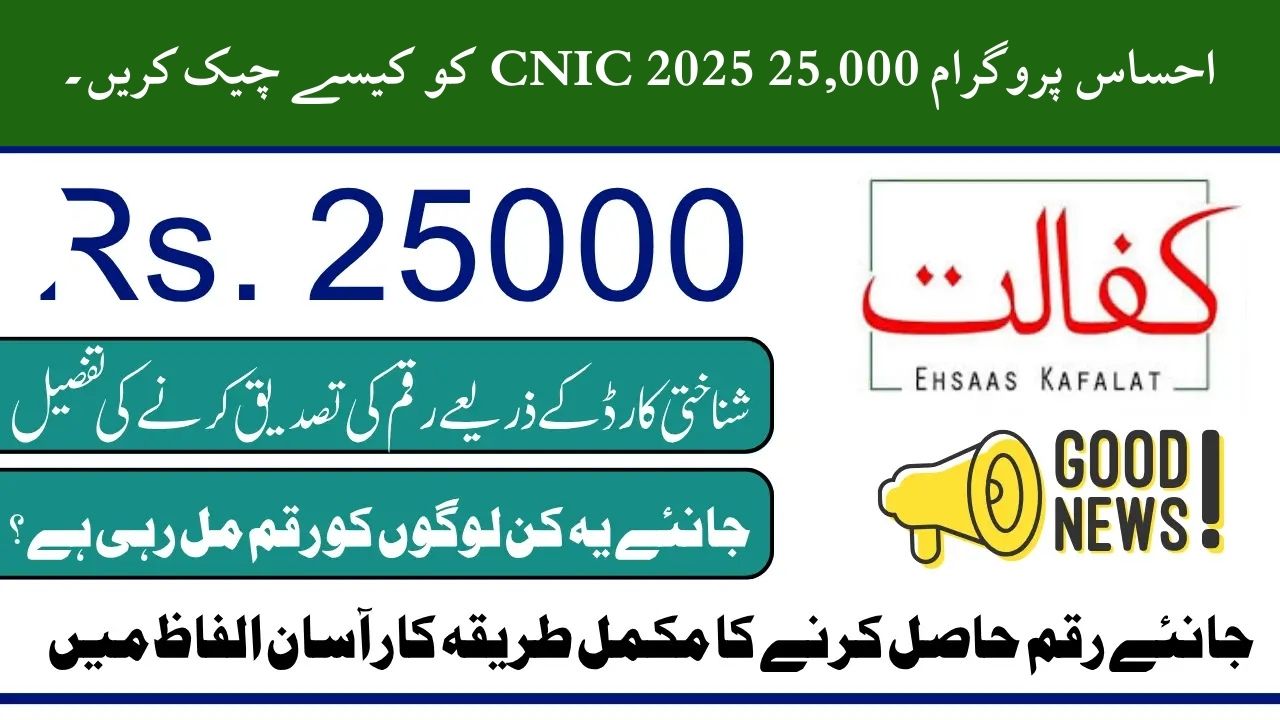Cash transfer programs across the world are widely recognised as powerful tools to reduce poverty, improve household well-being, empower women, and transform family dynamics. In Pakistan, the Benazir Income Support Programme (BISP) is one of the largest social protection schemes in South Asia, directly reaching millions of vulnerable women.
Over the years, BISP has provided far more than just financial relief. Evidence from research shows that these transfers lower intimate partner violence (IPV) by easing financial stress, boosting women’s independence, and improving family relationships. But what happens when these payments are suddenly stopped? Do families sustain the positive changes, or does violence return to old levels? For millions of women, this is not only a policy debate but also a matter of safety, dignity, and long-term empowerment.
Why BISP Cash Transfers Matter Beyond Financial Relief
Cash transfers are not simply about filling wallets—they actively reshape household roles, influence decision-making, and strengthen emotional well-being.
Key Protective Effects of Cash Transfers
- Reducing financial stress: Poverty often triggers disputes over food, education, and medical bills. BISP payments reduce these conflicts by providing stability.
- Empowering women: Direct transfers give women greater say in household decisions, lowering their vulnerability to violence.
- Improving relationship harmony: With fewer financial worries, couples report fewer conflicts and better communication.
- Strengthening social recognition: When women contribute financially, they gain respect within the family and community, helping shift traditional gender norms.
These factors explain why cash transfers under BISP 2025 act as a strong protective barrier against IPV.
The Role of BISP in Pakistan
Launched in 2008, the Benazir Income Support Programme has become a cornerstone of poverty reduction in Pakistan.
Why BISP is unique:
- Transfers are directed exclusively to women, placing them at the centre of the program.
- It covers millions of households across both urban and rural areas.
- Payments are unconditional, giving women autonomy over how funds are spent.
Beyond Poverty Reduction
The impact of BISP goes far beyond financial relief:
- Education: Families often use funds for children’s school fees.
- Healthcare: Payments are spent on nutrition and medical needs.
- Household stability: Reduced financial struggles lead to fewer arguments and more peaceful family environments.
These outcomes make BISP one of the few social safety nets directly associated with lower IPV rates in Pakistan.
What Happens When BISP Payments Suddenly Stop?
The sudden discontinuation of BISP cash transfers in 2025 poses serious risks. Years of progress in women’s empowerment and household stability could be undone.
1. Return to Pre-Program Stress
- Families lose their stable source of income.
- Food insecurity and unpaid bills escalate.
- Financial stress reignites household conflicts—often triggering IPV.
2. Loss of Women’s Empowerment
- Women’s financial authority diminishes.
- Household decisions shift back to men or in-laws.
- Vulnerability to violence increases as women lose bargaining power.
3. Strain on Household Relationships
- Couples argue more over scarce resources.
- Household disputes escalate, threatening fragile families.
- Emotional strain increases the likelihood of domestic violence.
4. Uneven Outcomes Across Families
- Some women who built savings or confidence may retain benefits.
- But most poor households lack buffers and quickly slide back into insecurity.
Mechanisms Linking Discontinuation to IPV
Research highlights several ways in which ending cash transfers influences intimate partner violence:
- Economic stress: Poverty-driven conflicts return.
- Shifted power dynamics: Women lose financial control.
- Psychological strain: Anxiety and helplessness rise.
- Loss of recognition: Women lose respect as contributors, both at home and in society.
The combination of these factors creates a heightened risk of IPV when BISP 2025 payments are disrupted.
Lessons from International Evidence
Global research reinforces the importance of well-structured cash transfers:
- Bangladesh: Cash programs linked with nutrition showed reduced IPV, with benefits persisting years after completion.
- Latin America: Conditional cash transfers tied to education reduced household conflicts and promoted schooling.
- Sub-Saharan Africa: Direct payments to women proved more effective than household-targeted programs in lowering IPV.
Global lesson: Cash transfers are most effective when paired with empowerment initiatives, savings opportunities, and social services.
How to Reduce Harm When Ending Programs
If governments or donors must end payments, abrupt withdrawal is dangerous. Safer strategies include:
- Gradual exit: Phase out payments step by step.
- Encouraging savings: Promote household saving habits during the program.
- Skills training: Equip women with skills for sustainable income.
- Complementary services: Provide counselling, financial literacy, and health support.
- Transparent communication: Inform families clearly to reduce confusion and household stress.
These measures help preserve the protective effects of BISP cash transfers.
Policy Implications for Pakistan
For Pakistan, these lessons are urgent:
- Protecting women: Women must remain the central recipients of BISP cash transfers.
- Sustainability: Future models should integrate empowerment and savings schemes.
- Risk mitigation: Transitional measures are essential if payments are paused.
- Monitoring: Continuous research must track not just poverty reduction, but also impacts on IPV and social stability.
Only then can BISP 2025 and beyond truly safeguard both poverty relief and women’s empowerment.
Frequently Asked Questions (FAQs)
1. Why do cash transfers reduce IPV?
Cash transfers reduce IPV by easing household financial stress, empowering women, and promoting healthier family relationships.
2. What happens if BISP payments are suddenly stopped?
Households may return to financial stress, women lose decision-making power, and IPV risks increase.
3. Can positive effects continue after BISP ends?
Yes, but long-term benefits require complementary programs like savings, skills training, and community engagement.
4. How can governments reduce harm when discontinuing BISP?
By phasing out gradually, promoting resilience, and providing alternative support like vocational training and microloans.
5. What lesson does Pakistan provide for global cash transfers?
Pakistan’s case shows that cash transfers are both poverty-relief tools and social stabilisers. Sudden withdrawal without planning can undo progress in women’s empowerment and safety.
Conclusion
The discontinuation of BISP cash transfers in 2025 could have far-reaching consequences. While ongoing payments reduce poverty and protect women against IPV, sudden withdrawal risks pushing families back into financial instability, conflict, and violence.
The clear message for policymakers is this: cash transfers must be seen as more than short-term relief. They are instruments of long-term social protection, women’s empowerment, and family stability. If ending becomes necessary, governments must phase out responsibly and integrate empowerment measures to safeguard women and preserve dignity.



















